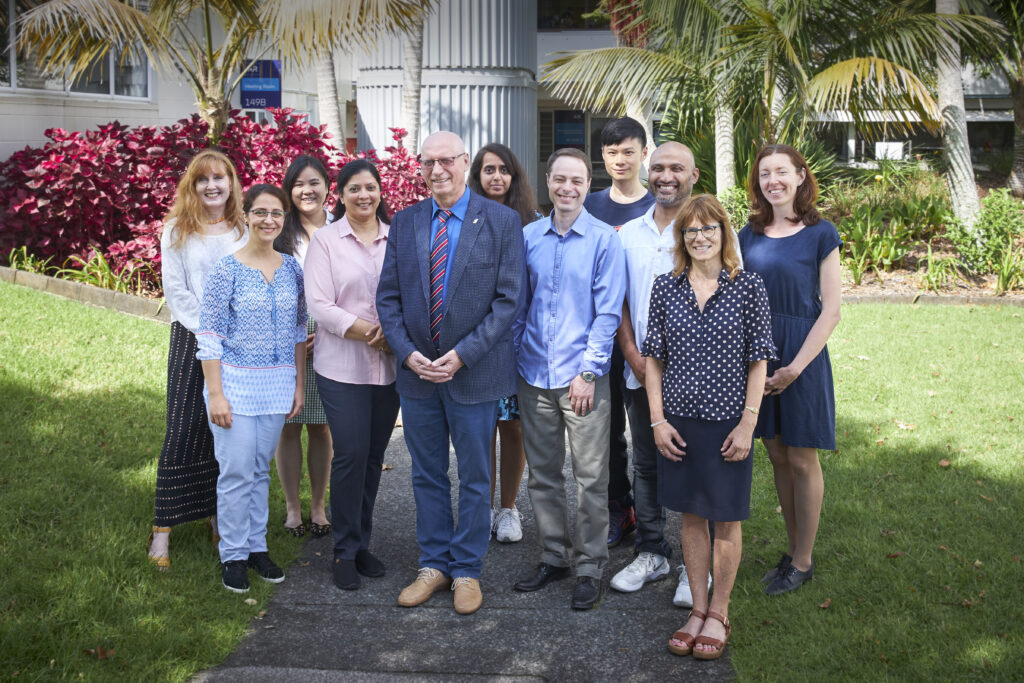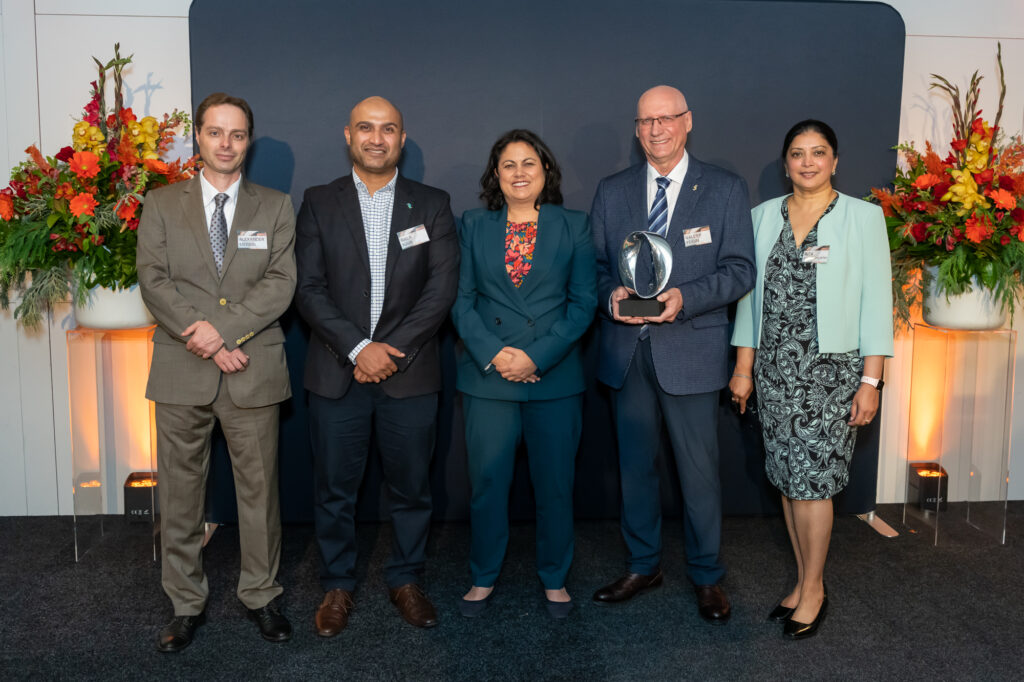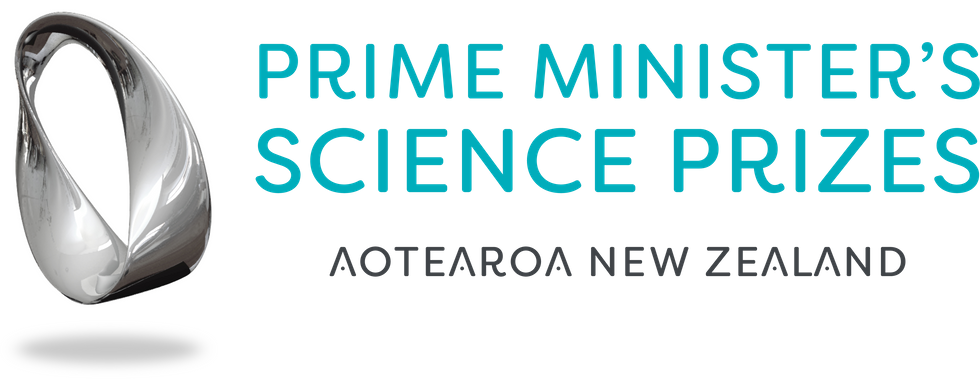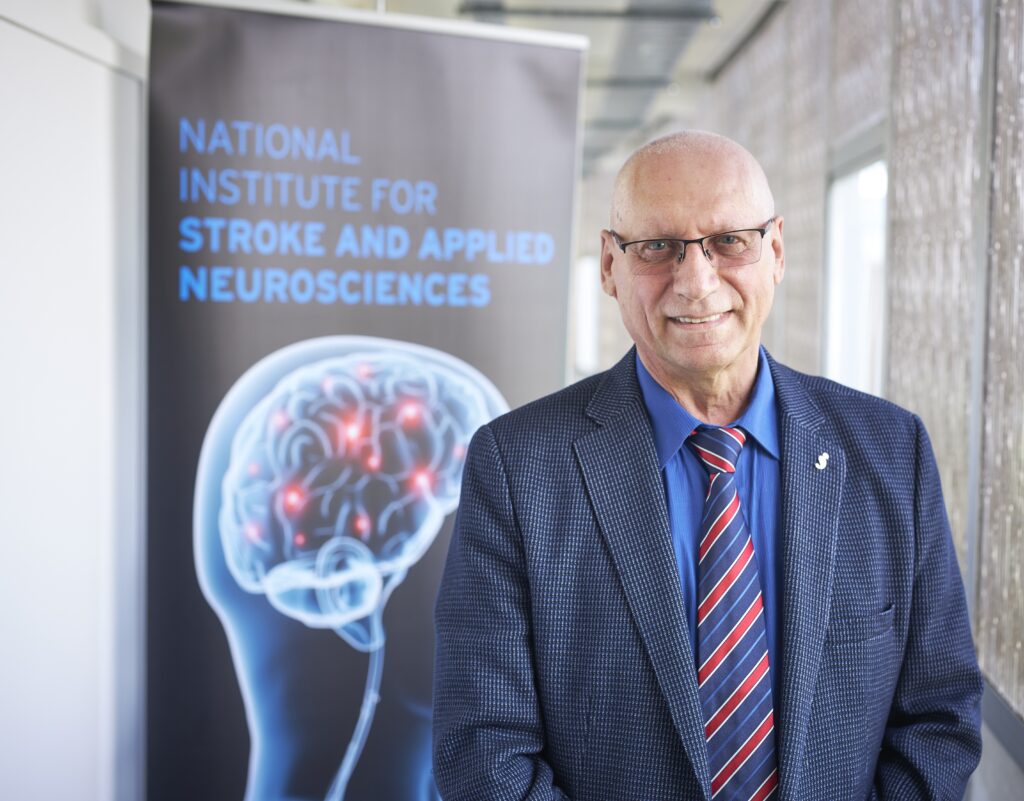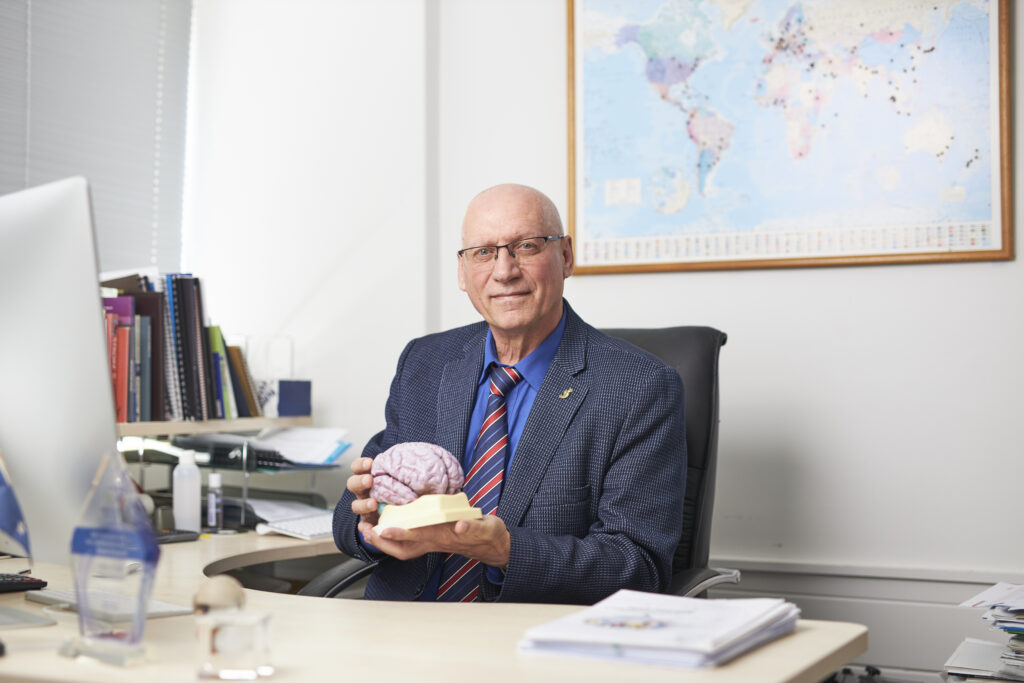2022 WINNER OF TE PUIAKI PŪTAIAO MATUA A TE PIRIMIA THE SCIENCE PRIZE
The National Institute for Stroke and Applied Neurosciences (NISAN) team has won the 2022 Prime Minister’s Science Prize led by Professor Valery Feigin FRSNZ from Auckland University of Technology (AUT). Other team member co-investigators are Professor Rita Vanmala Krishnamurthi, Dr Alexander Merkin and Balakrishnan Nair. The team has won the prize for uncovering the epidemiology of stroke and associated conditions and developing highly usable digital tools for patients (Stroke Riskometer) and clinicians (PreventS-MD) to reduce stroke risk worldwide.
Read media release on Science Prize winner National Institute for Stroke and Applied Neurosciences
Listen to podcast with Professor Valery Feigin and Dr Barb recorded in August 2022
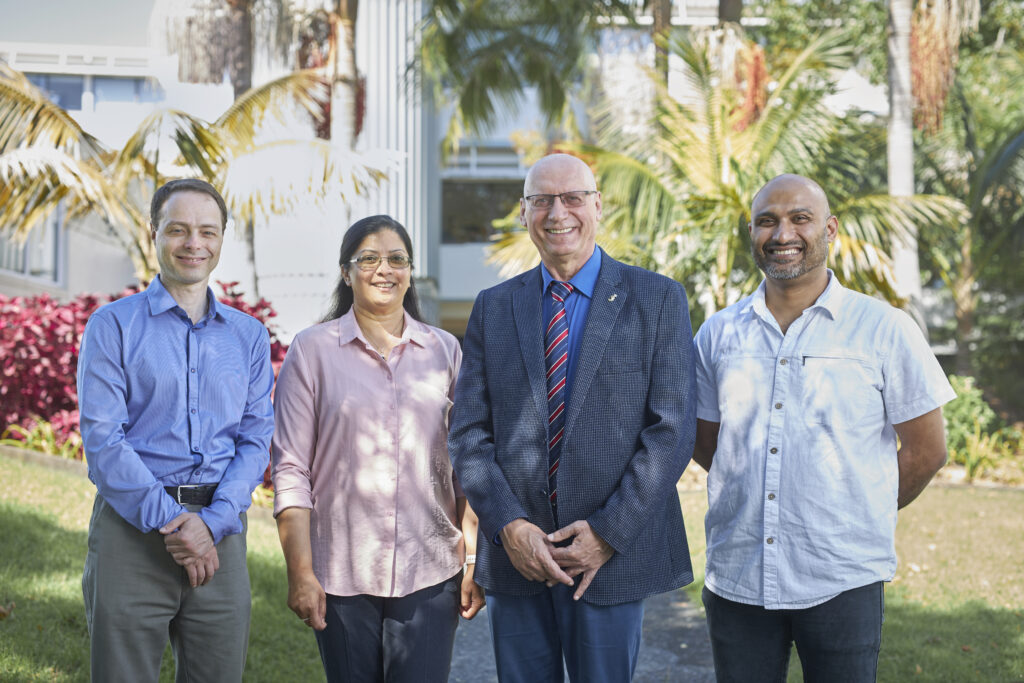
Epidemiology is a science of high importance, especially in relation to public health. Professor Feigin and his team have made significant transformative scientific discoveries and achievements to the field of public health and clinical epidemiology in Aotearoa New Zealand which is crucial for protecting health of populations, determining public health management, responses, clinical care, and on-going monitoring. Epidemiological data provided by Professor Feigin and his team enabled the strategy to respond to the latest New Zealand evidence regarding the leading causes of stroke, disparities in stroke burden, high-risk populations, the personal and societal impacts of stroke, and related health economic costs.
These findings have radically changed the understanding of the modern epidemiology of stroke (incidence, prevalence, mortality, disability, risk factors and their trends by age, sex, socio-demographic index and World Bank country income level) and had a substantial impact on the awareness, health care planning, resource allocation and priority settings for stroke in 204 countries.
Stroke incidence in low and middle income countries in the 21st century exceeded stroke incidence in high income countries, and stroke has become the second cause of death and disability in the world. Studies have shown that Māori, especially those younger than 55, experience higher incidence and poorer outcomes of neurological disorders. The proportion of incident and recurrent stokes in Māori younger than 75 years is twice that of New Zealand Europeans. Through Māori advisory groups, including the AUT Māori Cultural Advisory team, community, health sector, rehabilitation, primary and secondary Māori health providers, and not-for-profit representatives, NISAN has helped to advance Māori stroke care models (e.g., Te Whare Tapa Wha, Te Wheke, and Te Pae Mahutonga) and inform all aspects of research design, including opt in/opt out Vision Matauranga provisions, to maximise benefits for Māori.
The team’s discoveries have informed collaborative work to raise awareness of stroke and associated risks for New Zealanders, including their internationally endorsed digital tools for stroke prevention, widespread media coverage and academic dissemination of research findings, to directly inform decision – makers, clinicians, prevention efforts and the public. One of the digital tools, a mobile app, is called Stroke Riskometer. It is one of two world-first and internationally recognised digital mass individual stroke awareness and prevention tools developed by the team. It is free to use and easy to understand and is tailored for lay people. The other digital tool is PreventS-MD, a medical information software for healthcare professionals. The Stroke Riskometer and PreventS-MD work particularly well when used in combination with the health clinician and patient.
These digital tools are constantly evolving and improving in terms of their interfaces and have been translated into several languages for international organisations. The Stroke Riskometer app has been endorsed by major global organisations, including the World Stroke Organisation, the World Heart Federation, the European Stroke Organisation, and the World Federation of Neurology. It remains a free app and is available to 5.3 billion people in their native languages in 204 countries. Professor Feigin said the cross-pollination among several New Zealand universities and international experts is why the apps can be continually optimised. The Stroke Riskometer-based PreventS-MD webapp/software is being implemented into electronic patient management systems in New Zealand and overseas. In September 2020 Professor Feigin presented this innovative work (by invitation) at the 75th UN General Assembly, and in 2022 the team was presented with the WHO Regional Pacific Innovation Challenge Winner Award.
The high impact of the NISAN’s team discoveries and achievements is also evidenced by the very high citations of their publications. Professor Feigin was one of the 1% most cited scientists worldwide across all fields of research in 2018, 2020 and 2021.
The Prime Minister’s Science Prize panel thought that this application by Professor Valery Feigin and his team was outstanding and the impact has been truly transformative. Some comments by the panel were that it combined all the elements of a scientific breakthrough, proof, technology, modelling and commercialisation. This research has had an incredible impact and long term contribution to health and social outcomes.
